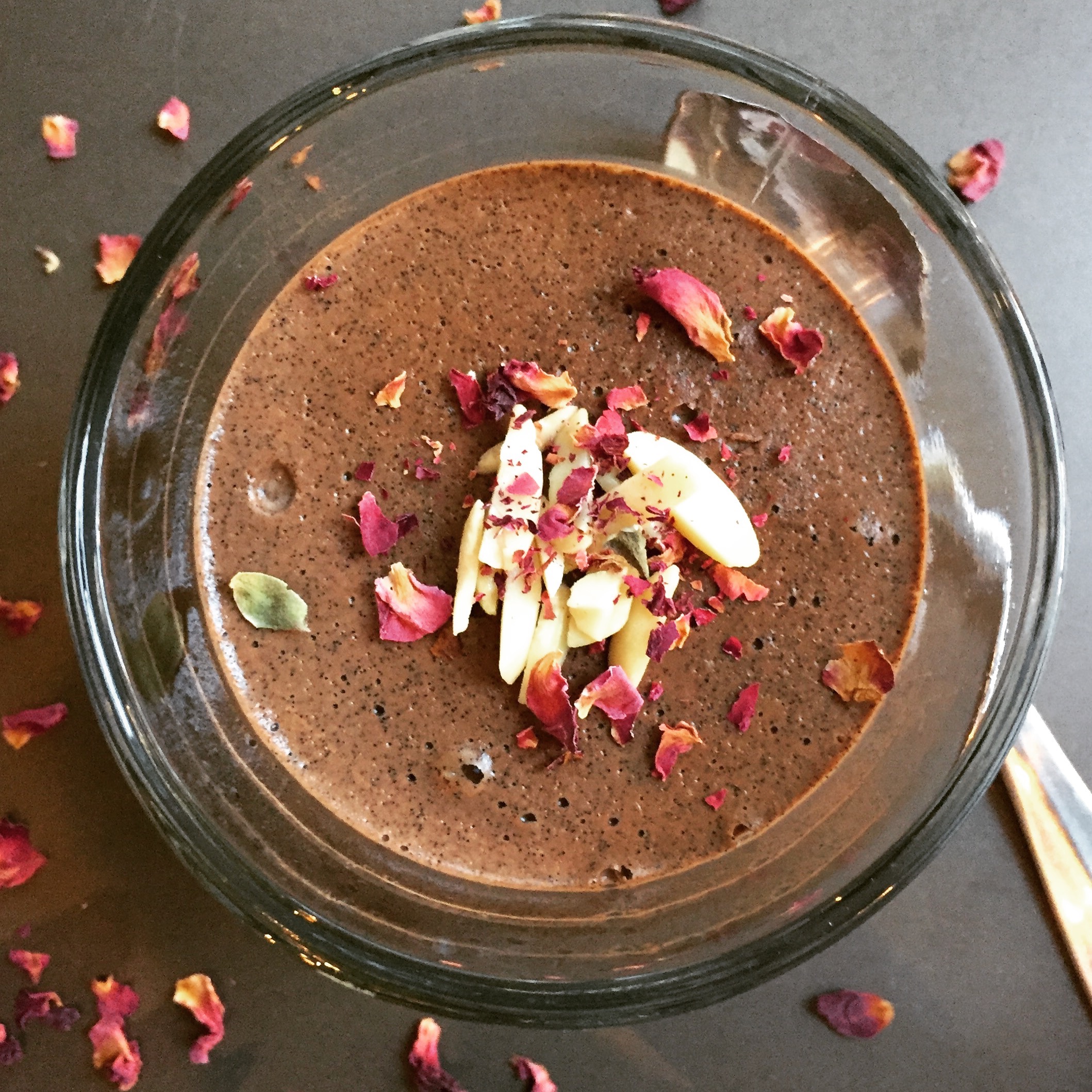Divya Alter, Ayurvedic chef, educator, author, and co-owner of the Manhattan restaurant Divya's Kitchen, shares with us some wisdom and direction, as well as practical advice about the Ayurvedic way of eating.
Words: Meri
Image: William and Susan Brinson
What does Ayurvedic way of eating mean?
Eating Ayurvedic means to adapt our diet to our ever-changing individual needs. Ayurveda teaches us that a good personal diet consists of the foods that will help one restore his/her body and mind to optimal digestion and balance. There is no good or bad food in itself. A food or an herb can be good for someone or bad for someone—it depends on one’s individual needs at that time.
In the practical application of diet, i.e. cooking, Ayurveda gives us two main principles to follow: 1) Select best quality invigorating ingredients and combine them properly (called “samyoga” in Sanskrit); 2) Use methods of preparation that ease digestion while preserving the foods’ nutritive intelligence (“samskara” in Sanskrit).
Image: www.divyaalter.com
We follow these steps at Divya’s Kitchen (the restaurant that my husband Prentiss and I launched a year ago).
I outline these principles in detail in my cookbook, What to Eat for How You Feel: The New Ayurvedic Kitchen.
A personalised Ayurvedic diet will help you to gradually restore your physiological balance and open and awaken your body’s natural intelligence to heal itself. Whether you are in good health or recovering from illness, the Ayurvedic way of eating will enhance your feeling of being nourished, energised and clear, in both body and mind. Most of all, you feel happy. Imagine more and more people spreading this kind of energy in the world!
Image: www.divyaalter.com
A healthy diet, be it Ayurvedic or not, is hardly anyone’s sole purpose of life. A healthy body is an instrument with which we can fulfill our dreams and offer our contributions to the world. For this reason, Ayurvedic way of eating means for us to align what we eat, how we live, and where we are with what we are meant to do in this life. The more aligned we are, the more we experience a deep sense of fulfilment and long-lasting happiness.
How do you recommend to get started?
Food choices are very personal, and I understand that it may be overwhelming to accept all Ayurvedic dietary suggestions at face value, especially after realising that you may have been eating the wrong foods for a long time. If you are open to improving an eating habit or two, I would suggest that you first educate yourself about it—have a personal consultation with a trained Ayurvedic practitioner and read about the Ayurvedic principles of cooking and eating.
"Ayurvedic way of eating means for us to align what we eat, how we live, and where we are with what we are meant to do in this life."
Image: William and Susan Brinson
Then, choose an Ayurvedic dietary advice that you feel you can practice right now and try it. See how it works for you. Then try something else. Go slow. I’ve heard many wise people say that we shouldn’t incorporate sudden, drastic changes if they make us unhappy. Life and eating are all about balance, and balance is the prerequisite to happiness. So, unless you are seriously ill, don’t suddenly deprive yourself of your favourite not-so-healthy dishes. That would reduce happiness, and being unhappy is definitely not balancing. Instead, begin to incorporate healthy changes in your diet by first trying a few of the simple things: for example, start replacing processed, refined foods with their wholesome origins. The best evidence of what diet works for you is your personal experience.
Click here for a super-simple pre-breakfast recipe by Divya Alter



